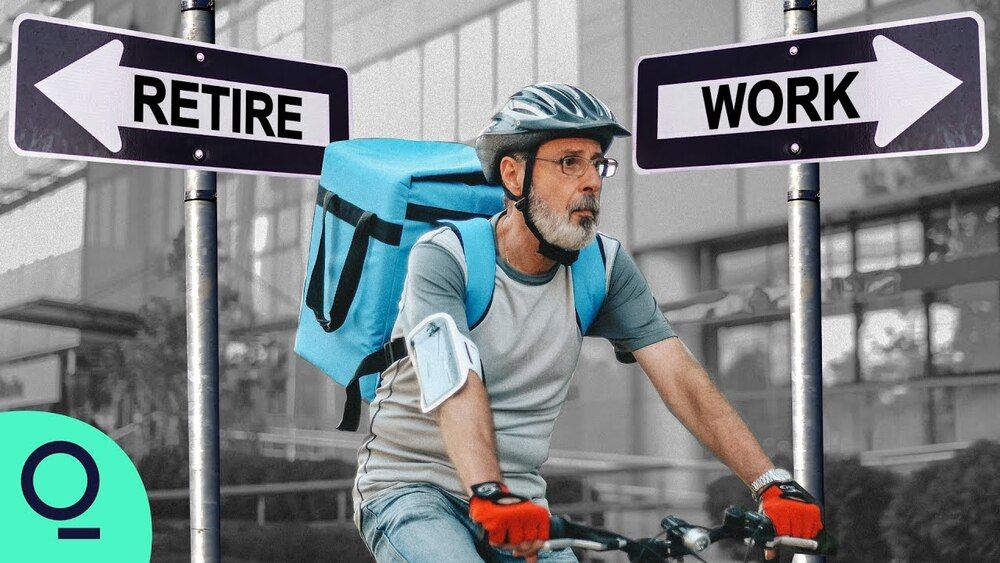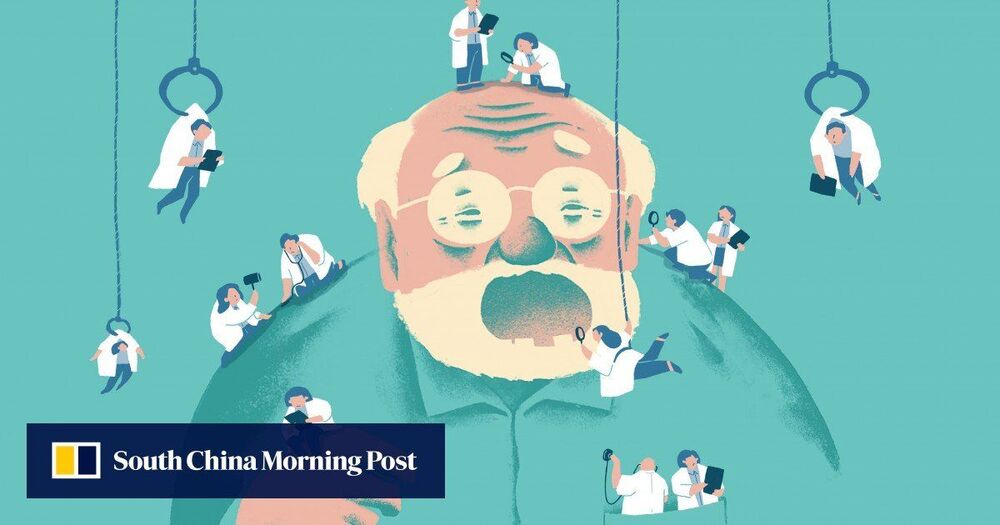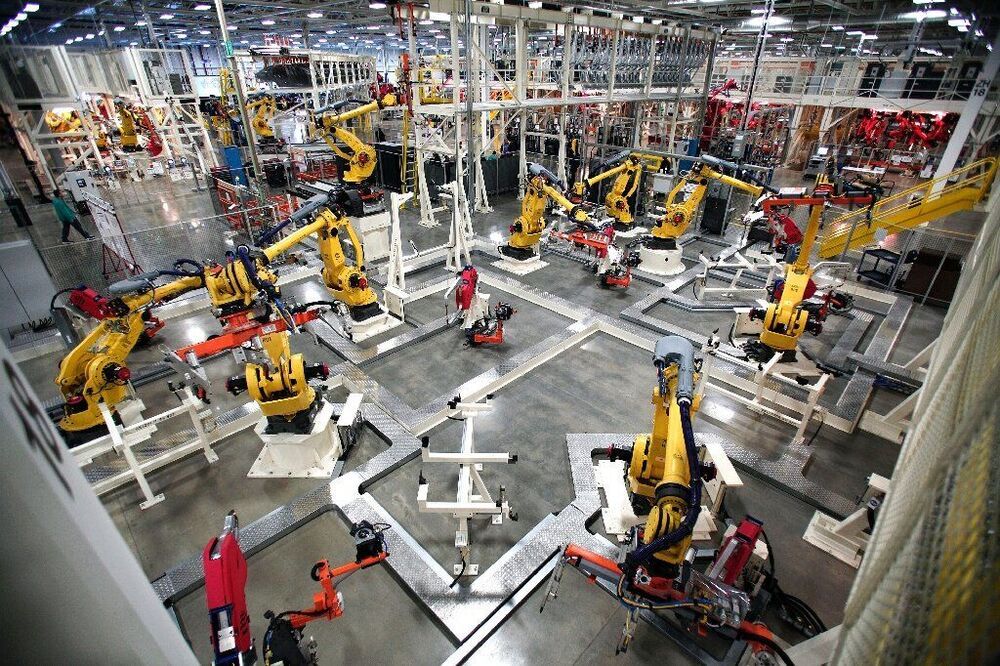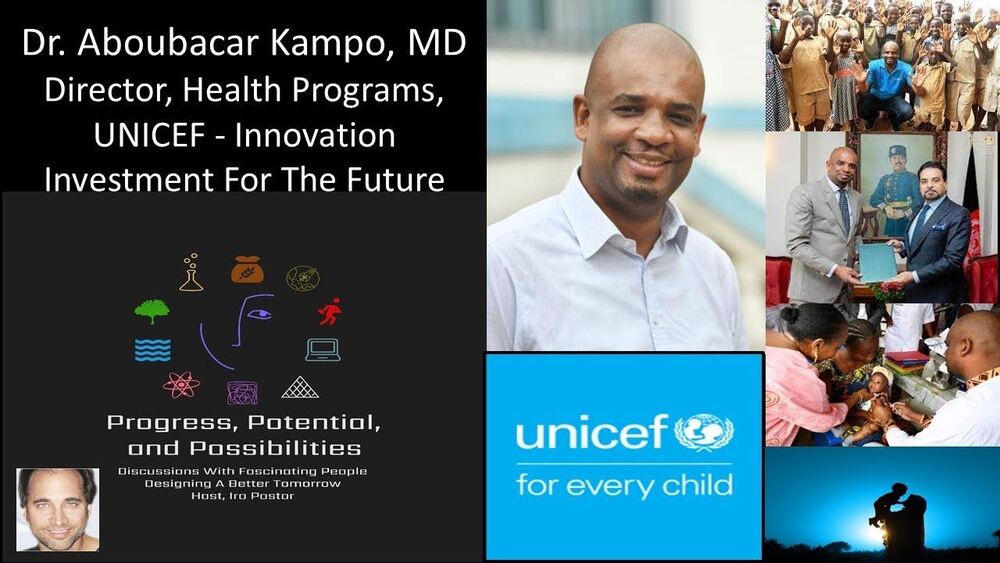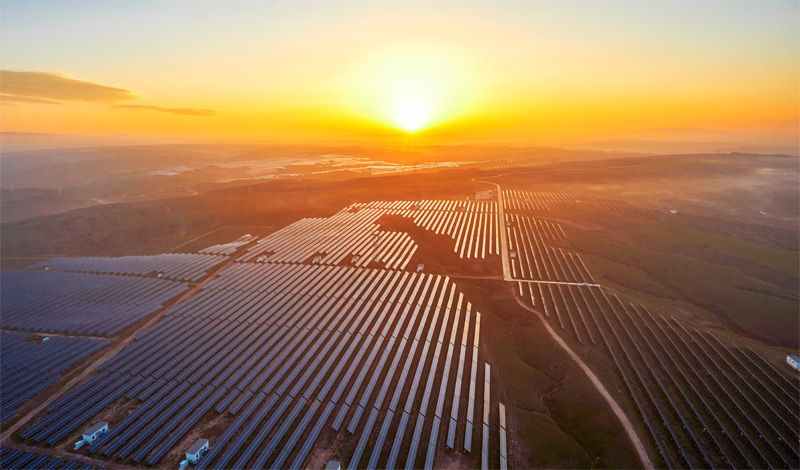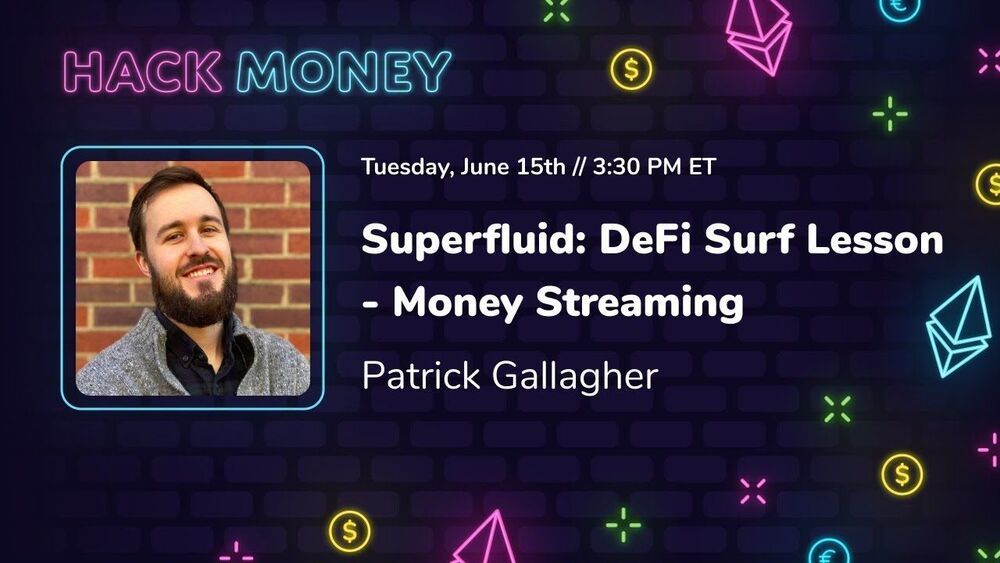We hand out cash freely to some people, while we plague others with fraudulent debt notices that may cripple financially, with dire ultimate consequences.
There is a case to be made for a universal basic income (UBI) — an unconditional payment to everyone that ensures the basics of life are catered for. It may give people security to leave a bad situation, or freedom to pursue a new future. No conditions means no bureaucracy, which improves productivity and efficiency, and the universal nature of UBI means even conservatives can get on board.
But how to afford such a payment? Surely giving away free money would blow the budget?
Money is fungible, so while some payments are labelled as welfare and other line items may be called discounts, its is only the bottom line* of the balance sheet that matters. Looking solely at the bottom line, we may be far closer to an Australian UBI than you think.
Consider low income individuals — we already have a safety net in Australia to provide the poorest in the community with some minimum standard of living. We give them money to ensure the basics are met — a payment already included in any commonwealth budget.
For higher income individuals — few would suggest giving them free cash, but if we simultaneously took the same away then there could be no reason to object. A net increase in tax for the better off could precisely offset their UBI payment, again leaving the bottom line unchanged.
We already give people an effective tax discount of several thousand dollars called the ‘tax free threshold’. If this discount were removed — such that you pay tax on every dollar earned — but replaced with an unconditional UBI payment, then any one individual may not notice the change in policy. Low incomes still get effective welfare payments, while higher incomes use their cheques of free money to pay the extra tax bill.
While motivation to work, fairness, and fiscal constraints all remain moot points***, the security and opportunity that a fiscally responsible UBI provides may make some small sacrifices worthwhile.
What settings would you choose for a fiscally responsible UBI?
What problems can you see it solving and creating?
* That’s why they call it the bottom line.
** Disability payments etc need not be eliminated along with ‘base’ welfare.
*** Moot probably doesn’t mean what you think it means.
